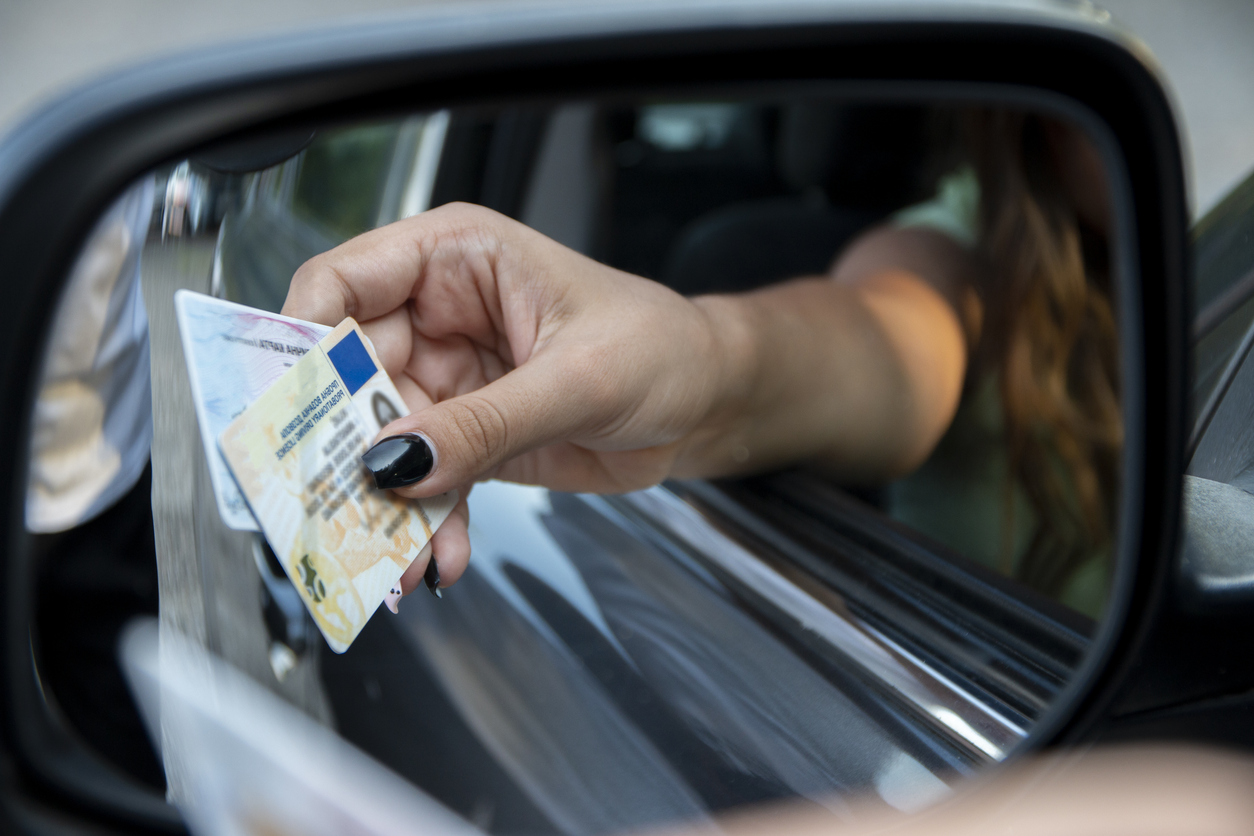The Slow Uptake of Florida’s Digital Driver’s License

For years, Florida lawmakers have been discussing the idea of replacing physical driver’s licenses with digital ones on smartphones. In November 2021, Florida introduced digital driver’s licenses through an app available on the Apple and Android stores. However, few police agencies or businesses in Florida have adopted the technology because Florida law still requires drivers to carry physical plastic versions of their driver’s licenses. Thales Defense & Security, a Maryland-based subsidiary of French technology contractor Thales Group, has been working with the Florida Department of Highway Safety and Motor Vehicles (FHSMV) since 2020 to develop a platform called Florida Smart ID for use by motorists, police, customs officials, and businesses that require proof of age to purchase alcohol and other restricted products. Through the app, users download their digital license, and a QR code is generated that enables officers and other authorized individuals to access the driver’s license information from a department server. Businesses can also verify age through this app. Despite being available for download, users have reported difficulties activating the app or getting it to scan their physical driver’s license. Others said that it doesn’t work with Apple Wallet. Some users have also reported difficulties with taking the required selfie. The app currently has a two out of five-star rating. The FHSMV reported that through March 9, the driver’s license app had been downloaded 142,803 times, the proof-of-age verifier app had been downloaded 11,828 times, and the app for law enforcement agencies had been downloaded 3,795 times. Of the 154,631 downloads, more than 95,000 apps have been activated, but the FHSMV cannot determine who is using the app. In 2023, the department plans to conduct more presentations and demonstrations to expand the app’s use.
In addition, there are concerns about security and privacy when it comes to using digital driver’s licenses. Hackers could potentially gain access to a person’s personal information through a smartphone app, which could result in identity theft or other types of fraud. To address these concerns, the FHSMV has implemented several security measures to protect users’ data, such as encryption and multi-factor authentication.
Despite these measures, some people are still hesitant to use digital driver’s licenses. They may prefer to stick with the physical version of their license, as it feels more tangible and secure. Others may not be aware that this technology even exists or how to use it.
The use of digital driver’s licenses is still in its early stages, and it remains to be seen whether it will become more widespread in the future. While there are certainly benefits to using this technology, such as greater convenience and ease of access, there are also challenges that need to be overcome, such as security and privacy concerns, as well as issues with adoption and awareness. As technology continues to advance, it is likely that more states will begin exploring the use of digital driver’s licenses, and we may eventually see a day when we can leave our physical licenses at home and rely solely on our smartphones.
